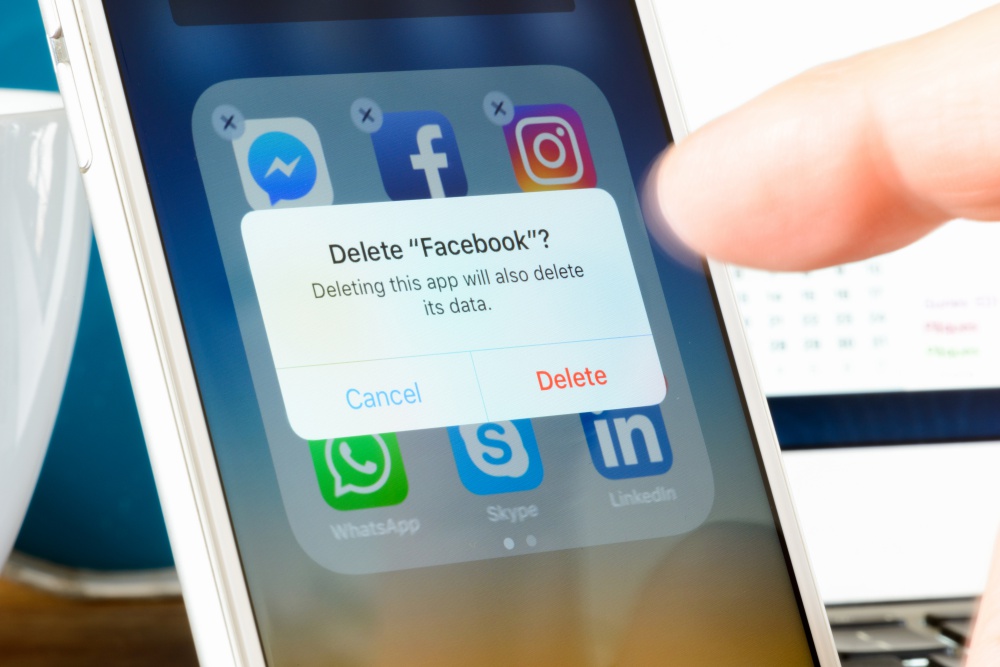How to get a Finnish IP address
The easiest way to improve your digital privacy is to switch your IP address using a VPN. We’ll …

If you have “nothing to hide,” you might think that being concerned with internet privacy is a waste of time. After all, you don’t engage in any illegal practices, you most definitely aren’t a terrorist; heck, you never even cheated on a test in school back when you were a kid. Why would anyone care about what you do or say online, and even if they do spy on you, what’s the worst they’re going to find? That you actually filled your taxes a day late two years ago, or that you think your new neighbor is a bit weird?
WHO CARES??
You might, however, want to rethink this viewpoint. Here are just a few reasons why you should actually care deeply about internet privacy.
Just like freedom of speech, interracial marriage, female voting, and more, you technically haven’t always had the right to privacy. In fact, many people around the world still don’t. Countries like Russia, Saudi Arabia, Vietnam, just to name a few, routinely spy on their citizens—making people fearful of everything they post online. Thousands of individuals in previous generations fought for us to have a right to privacy, and not caring devalues those efforts.
Many people who say they have “nothing to hide” confuse secrecy with privacy. You may not have secrets, but it’s highly unlikely that you are going to let a perfect stranger read your personal emails or texts. That’s why you have passwords and PINs. Here’s another example: Would you share your pictures from that crazy night out in Vegas with your entire office? You probably wouldn’t, not because it’s a secret (although what happens in Vegas does stay in Vegas), but because it’s personal between your close friends—and frankly, it isn’t anyone else’s business.
Some people are perfectly okay with the fact that companies like Google or Facebook know a lot about them. But, what if your information gets into the wrong hands? Huge companies can and do get hacked—just ask the millions of people who recently had their Yahoo! accounts hacked. This gives strangers access to your emails, chats, photos, etc., and these are all things that could be held against you.
This sort of blackmail occurs all the time. Who hasn’t joked around with their friends online? Sent a slightly off-color email? Made jokes about women’s driving, or men’s laziness when it comes to household chores? It may have been in jest, but out of context, it looks bad. However, it now lives forever somewhere on the internet, and without your privacy being protected, it could be used against you as a weapon.
You might not care about your internet privacy right now, but what about in 10, 20, or 30 years? Anything on the internet is there to stay. Any picture that gets taken is available forever, every message you send, every phone call, every email, every mistake. Anything that happens today, whether you care or not, could impact your future. Perhaps a job interview in 15 year’s time—that big break you’ve been working so hard for all these years. Do you really want your potential employer to have access to your college escapades? Or that insensitive political post you sent on Facebook back when you were young and brash?
Finally, personal information on the internet is extremely valuable to companies like Facebook or Google. Why? Because they sell information about you to other companies. They make millions and millions of dollars gathering as much info on you as possible—what you like, where you typically eat out, where you go on vacation, how many kids you have, if you’re married. They then sell this information to advertisers who want to market appropriate products to you.
Maybe you don’t care about that, or perhaps you even enjoy seeing relevant ads online. But what about your info being sold to criminals on the dark web?
Because that’s happening, too. Hence identity theft is skyrocketing, people are being harassed with an increasing number of ransomware attacks, and fake social media accounts are appearing that look just like you—only they spout fake news, hate, and political propaganda to divide a nation.
Online privacy is not about whether you have anything to hide. It affects everyone, in more ways than you can imagine. In today’s world, where big data is big business, we’re grossly underequipped to protect our online privacy. We need new laws, better tools, and more knowledge.
And most of all—you need to care.
